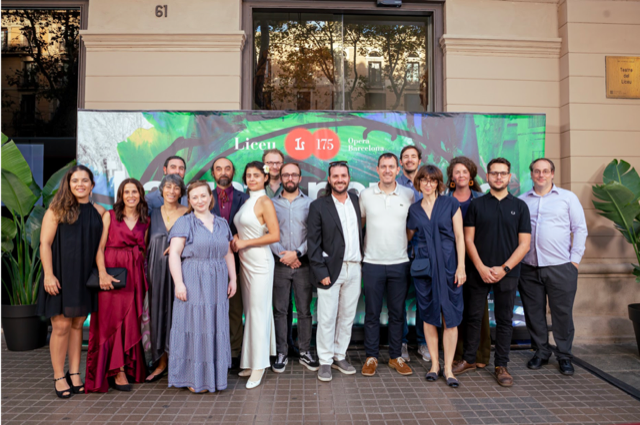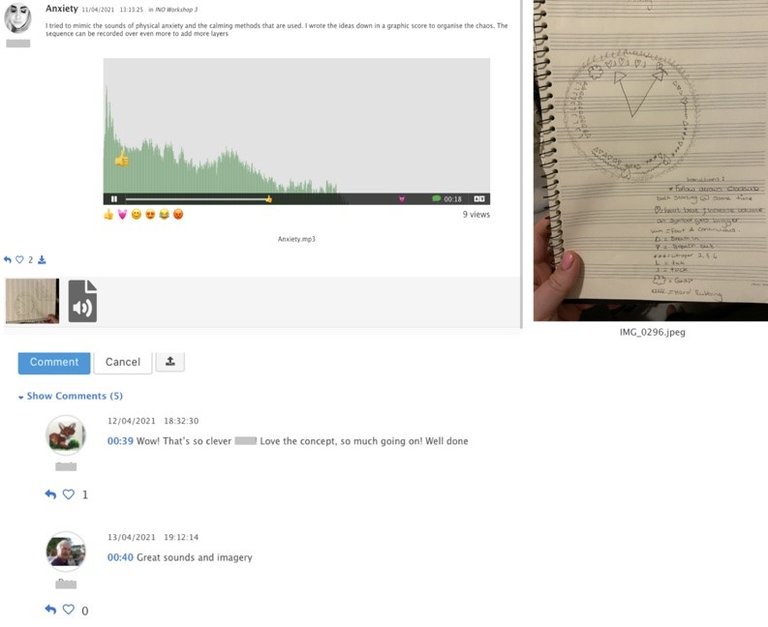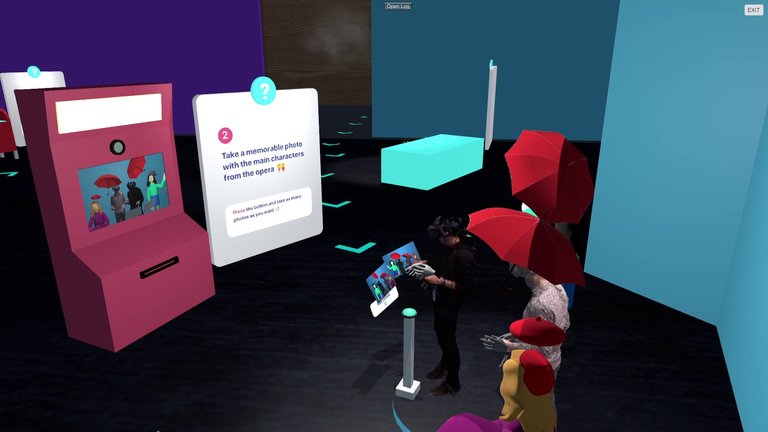The beginning of this year saw the conclusion of the TRACTION project. TRACTION was a EU-funded project in which the Distributed and Interactive Systems (DIS) group joined project partners from all over Europe to investigate the potential which the art form of opera could have to foster social transformation in disparate communities through the use of technology. At the centre of the project were the Gran Teatre del Liceu in Barcelona, the organisation SAMP working with young offenders in Portugal and Irish National Opera in Ireland. Each one of these partners was working with very different communities and had different goals they wanted to achieve, presenting unique challenges that the technical partners and DIS attempted to solve using technological approaches.
The project kicked off in February of 2020, right before the pandemic had taken full hold of Europe. As complicated as the lockdowns made working together, it also gave the project a driving force and focus: tools were needed to allow people to work together creatively over a distance. Moreover, communities and opera professionals needed a tool to support co-creation.
Co-creation
This idea was the guiding principle behind the first big development of the project: The Co-Creation Space. The Co-Creation Space is a web-based application through which people can share thoughts and communicate through media, guided by a facilitator in an effort to create a piece of art. The platform was to be designed to be usable by people from different backgrounds, speaking different languages and having different accessibility needs. Thus, the first round of requirements was gathered involving people with special needs from the Centre Ocupacional Sínia in Barcelona.
With an initial version ready, the Co-Creation Space was used in a first trial by rural communities in the Gaeltacht of Ireland to co-create musical pieces under the guidance of professional composer Finola Merivale in the role of facilitator. She would encourage people to record sounds, upload them to the platform, annotate and remix them and make their own songs. These pieces of music were then shared with others in the group over several iterations, resulting in a final composition.



